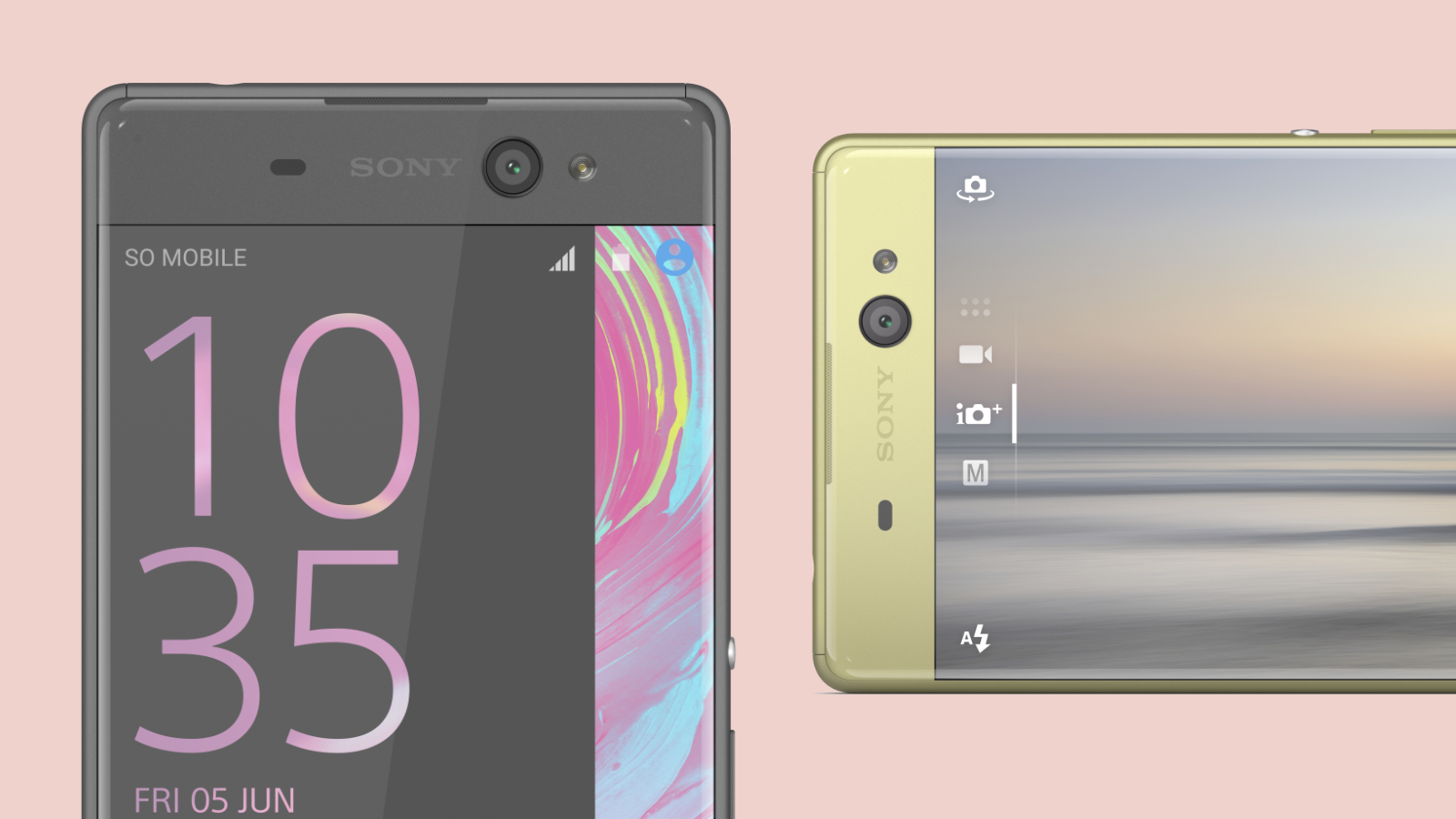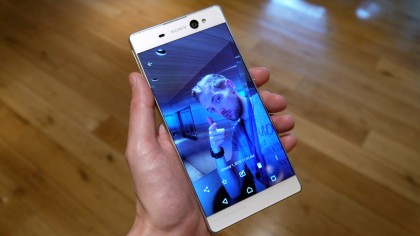Sony unveils the Xperia XA Ultra, a head-turning Android phone
Cameras and display are in focus

The new Sony Xperia XA Ultra answers the call for a Sony smartphone that really shakes up the formula. It's among the latest from the Japanese powerhouse and features a near bezel-free, six-inch display pumping out a vibrant FHD resolution.
If you're used to the company's Z-series of Xperia phones, the XA Ultra brings some fresh ideas to the table. We've already touched on one of them, the edge-to-edge screen.
- Hands on: Sony Xperia XA Ultra review
Similar to how Dell built a 13-inch screen into an 11-inch chassis with the XPS 13, Sony has performed a similar feat of engineering prowess with the XA Ultra by cramming a six inch screen into a form factor that would usually stock a 5.5-inch display.
Next up, the cameras aim to deliver promising results. The rear-facing camera has a 21.5MP sensor and a 1/2.4 aperture Exmor RS sensor. During our testing, the pictures we snapped looked quite alright.

Unlike most other phones, Sony's latest stunner puts as much focus on the front-facing snapper as it does with the rear. You'll find a 16MP Exmor RS sensor that is capable of shooting a wide angle selfie and features optical image stabilization (OIS.)
To round things out, the Sony Xperia XA Ultra packs in a Mediatek Helio P10 chipset, with 3GB of RAM and 16GB of internal storage backing it up. Thankfully, the XA Ultra features a microSD card to expand your storage horizon, but at the time of writing, Sony told us that you won't be able to install apps on removable media.
The Sony Xperia XA Ultra is set to release in July if you're in the UK and (fingers crossed) sometime this year in the US. If you aren't a fan of the white model shown in our hands-on photos, you'll also be able to choose between black and lime gold seen above. About that price? We're still waiting on it, so stay tuned for the full review.
Get daily insight, inspiration and deals in your inbox
Sign up for breaking news, reviews, opinion, top tech deals, and more.
Cameron is a writer at The Verge, focused on reviews, deals coverage, and news. He wrote for magazines and websites such as The Verge, TechRadar, Practical Photoshop, Polygon, Eater and Al Bawaba.
